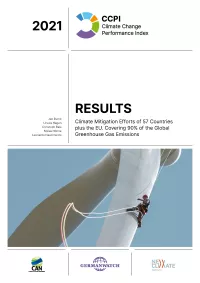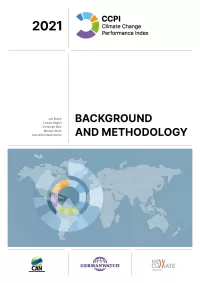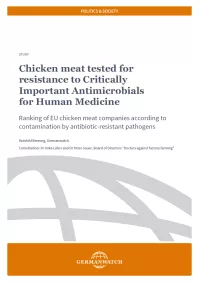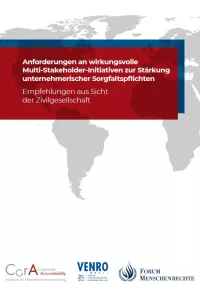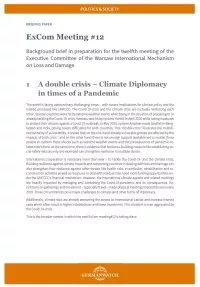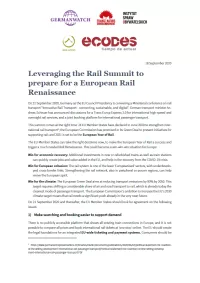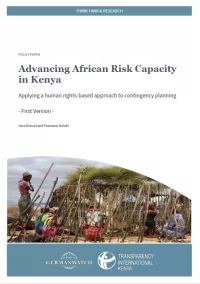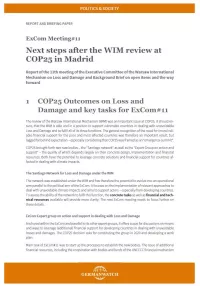
Bonn/Berlin (25th Jan. 2021). Vulnerable people in developing countries suffer most from extreme weather events like storms, floods and heat waves, while the impacts of climate change are visible around the globe. Being the deadliest and costliest tropical cyclone in the South-West Indian Ocean, tropical Cyclone Idai was labelled “one of the worst weather-related catastrophes in the history of Africa” by UN Secretary General Antonio Guterres.

